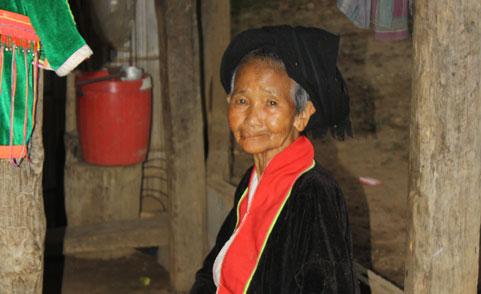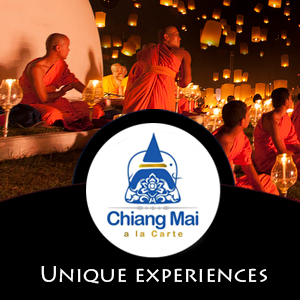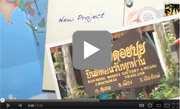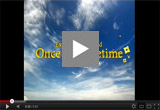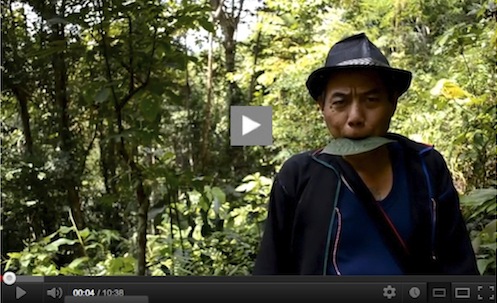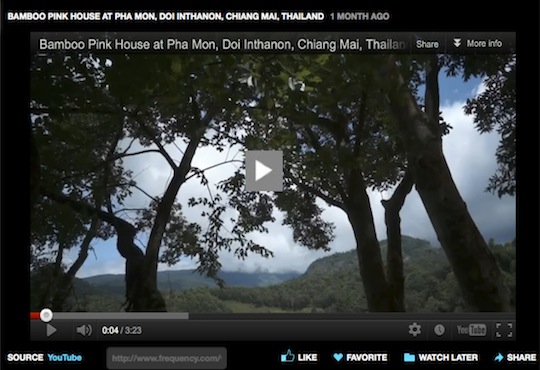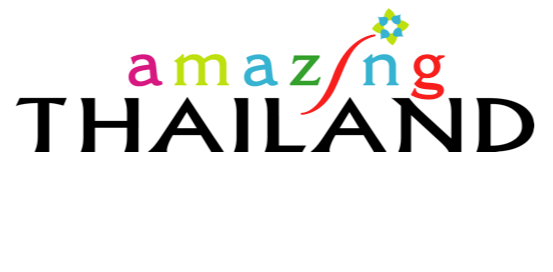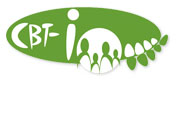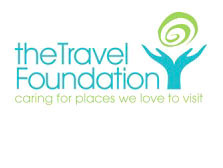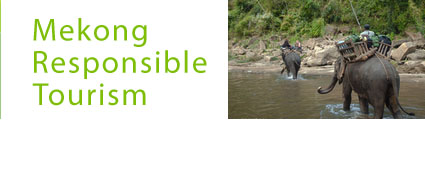A day in the life of the Hmong of Ban Mae Sa Mai - 2 days
Highlights:
Wat Doi Suthep
Baan Mae Sa Mai
Mae Sa Elephant Camp
Elephant Poopoo Paper Park
Book This
Private Tour!
Difficulty Level:
This two day trip takes place very close to Chiang Mai but really brings you back in time. You will stay at a still very traditional Hmong village and really take part in village life. The hiking is absolutely awesome. A local Hmong guide will accompany us and explain about the history of these tribesmen and their interaction with their environment. You will pass former opium fields, enjoy magnificent vistas, collect seeds of trees which benefits the tree planting program of the village and participate in and learn about local life in this village. Two days of cultural immersion. We drive back through the Mae Sa Valley. On the way back we visit the Mae Sa Elephant Camp. We will visit some of their elephants, feed them some snacks. Your guide will tell you about the Asian Elephant and there will be time for pictures. Final stop will be the Elephant Poopoopaper Park, a very interesting place!
Please note that we enforce a strict dress code in the village and the use of alcohol during the homestay is not allowed.We only will eat meals with ingredients that are available in the village. Don’t worry. You will enjoy the food.
Tour Code:
TCBT13
Duration of this Tour:
2 days
Departure Time:
07:30 am
End Time:
4 - 5 pm
Transportation:
local truck
Accommodation:
Village house
| Price per person in USD | ||||||
|---|---|---|---|---|---|---|
| 2 pax | 3 pax | 4 pax | 5 pax | 6 pax | 7 pax | 8 pax |
| $235 | $178 | $150 | $133 | $122 | $115 | $108 |
Itinerary:
Day 1: Chiang Mai – Ban Mae Sa Mai
Meals:
Lunch
Dinner
Description:
Our guide and driver will meet you at the hotel. Drive to Suthep Mountain. Time of departure is flexible but we advise a very early departure, preferably around sunrise.
First we will visit Wat Doi Suthep before the crowds arrive. Walk up the 300 steps up to the temple from where you have a majestic view over Chiang Mai. We continue to Doi Pui Village, a Hmong community, close to top of Doi Pui.Your guide will tell you about the turbulent history of this community. In the past the village was involved in opium cultivation. Nowadays the village is a major tourist attraction on Doi Suthep. We walk around the village before we meet our local Hmong guide who will accompany us on our hike to the Hmong village Ban Mae Sa Mai in the Mae Sa Valley. This hike will take about five hours including stops. We start hiking through the forest. The local Hmong guide will tell about the flora and about the history of opium cultivation on this mountain. You will also be stimulated to recognize certain plants and trees in the forest with the tree and plant leaflet we will provide you with. If you want you can collect tree seeds that will be delivered at the FORRU* tree nursery of Ban Mae Sa Mai. After a walk uphill we will arrive at an open area with fantastic views on both sides of the mountain. We will stop briefly to look at a footprint of Buddha before enjoying a picnic lunch at a scenic spot.
We will continue through the forest to the Hmong village Ban Mae Sa Mai. This village is the largest Hmong community in Northern Thailand and gets very few visitors a marked contrast with Doi Pui Hmong Village. In the afternoon you will visit the Hmong Learning wisdom Centre and meet the local silversmith who will show you how to make beautiful silver jewelry.You will stay in a traditional Hmong family house with nice views. You can help collect vegetables for our dinner and help your hosts prepare the dinner. After dinner there is time for conversation and your hosts will introduce you to Hmong culture. It’s time for traditional performance and Hmong music.Overnight in the village house.
* FORRU is the forest restoration unit of Chiang Mai University
Day 2: Ban Mae Sa Mai – Chiang Mai
Meals:
Breakfast
Lunch
Description:
Early rise with the roosters. You will engage in a morning activity with the villagers at sunrise. You will go out into the fields and work on planting or harvesting vegetables. Return to your house and enjoy a local breakfast. After breakfast there are several hikes possible around the village. You can either make a walk through the watershed forest of the village or hike to the FORRU reforestation plots and vegetable gardens of the village. We will also visit the Royal Project, located on the edge of the village and the small Hmong museum.
We will have a last lunch in the village before we will visit Mae Sa elephant camp at 1430. This camp has three shows per day and allows elephant riding. We will do something different today. You will meet a couple of young elephants and their mothers. Your guide will give you information about the plight of the Asian elephant which is an endangered species. The camp also has a small information centre which we will visit. You can make pictures of the elephants and pose with them. We have brought some fruit with us that we will feed the elephants. The elephants will enjoy your visit. At 1530 we will continue to Elephant Poopoopaper Park. There are no elephants here. The Poopoopaper company produces recycled and odorless paper products from dung from elephants and other animals. You can see the whole process during a selfguided tour. They have great souvenirs here as well.
Included:
- English speaking guide
- Local Hmong guide
- Transportation by local truck
- Accommodation in a village homestay
- Meals as mention
- Entrance fees
- Food for elephant
- Drinking water
- Insurance
Not Included:
- All drinks except water
- Tips
- Personal expenses
- Traditional massage
Things to Bring:
- Hiking shoes with good grip
- Sun cream
- Headgear
- Insect repellent (DEET medicated)
- Sun glasses
- Small backpack
Notes:
Due to weather conditions and other conditions on the ground we might have to adjust the itinerary of this trekking. If it is necessary to adjust the program we will always make sure that the quality of your experience and your personal safety are safeguarded.Please respect local customs and traditions. We will give you a document named "code of conduct in the village". Read it before you go on your trek. Dress conservatively in the village. Please refrain from the intake of alcoholic beverages while you are in the village.






